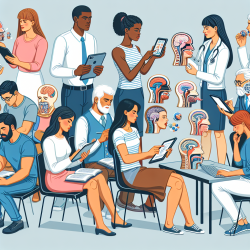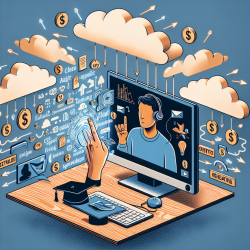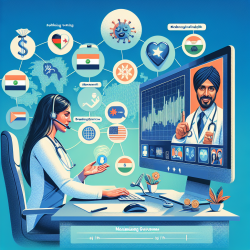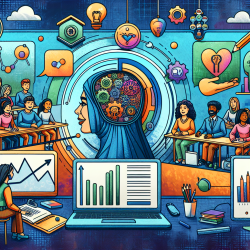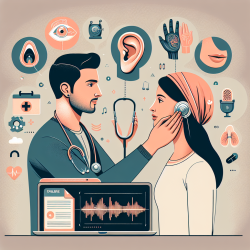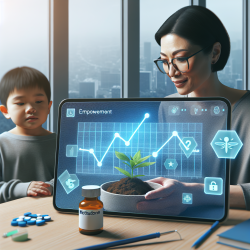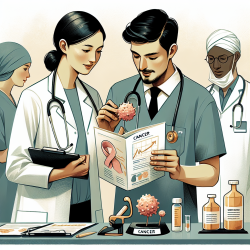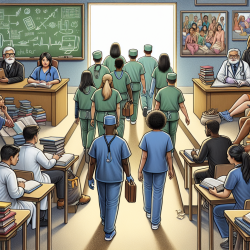Introduction
In the ever-evolving landscape of speech-language pathology, practitioners are constantly seeking innovative ways to enhance their skills and improve outcomes for children. The integration of technology and collaborative learning platforms presents a promising avenue for achieving these goals. A recent study, "The Pathology Informatics Curriculum Wiki: Harnessing the Power of User-Generated Content," offers valuable insights into how user-generated content can revolutionize educational experiences and professional development.
Harnessing the Power of User-Generated Content
The study underscores the potential of wikis as a tool for organizing and disseminating educational content. By leveraging the collective knowledge and expertise of the pathology informatics community, the curriculum wiki provides a comprehensive and accessible resource for learners at all levels. This model can be applied to speech-language pathology, where practitioners can contribute to and benefit from a shared repository of knowledge and best practices.
Data-Driven Insights
One of the key findings of the study is the high quality and comprehensiveness of Wikipedia articles related to pathology informatics. With an average score of 4.18 for currency and 4.08 for quality on a five-point Likert scale, these articles serve as a robust foundation for educational modules. This data-driven approach ensures that learners have access to up-to-date and reliable information, which is crucial for informed decision-making in clinical practice.
Implications for Speech-Language Pathology
For speech-language pathologists, the implications of this research are profound. By adopting a similar collaborative model, practitioners can create a dynamic and evolving curriculum that reflects the latest research and clinical innovations. This approach not only enhances individual learning but also fosters a sense of community and shared purpose among professionals.
Encouraging Further Research
The study highlights the importance of ongoing collaboration and content creation within the pathology informatics community. Speech-language pathologists are encouraged to engage in similar initiatives, contributing their expertise to a collective knowledge base. By doing so, they can drive the development of new educational resources and support the continuous improvement of clinical practices.
Conclusion
The integration of user-generated content and collaborative learning platforms holds significant promise for the field of speech-language pathology. By embracing these tools, practitioners can enhance their skills, improve outcomes for children, and contribute to the advancement of the profession. To explore the original research paper, please follow this link: The pathology informatics curriculum wiki: Harnessing the power of user-generated content.
